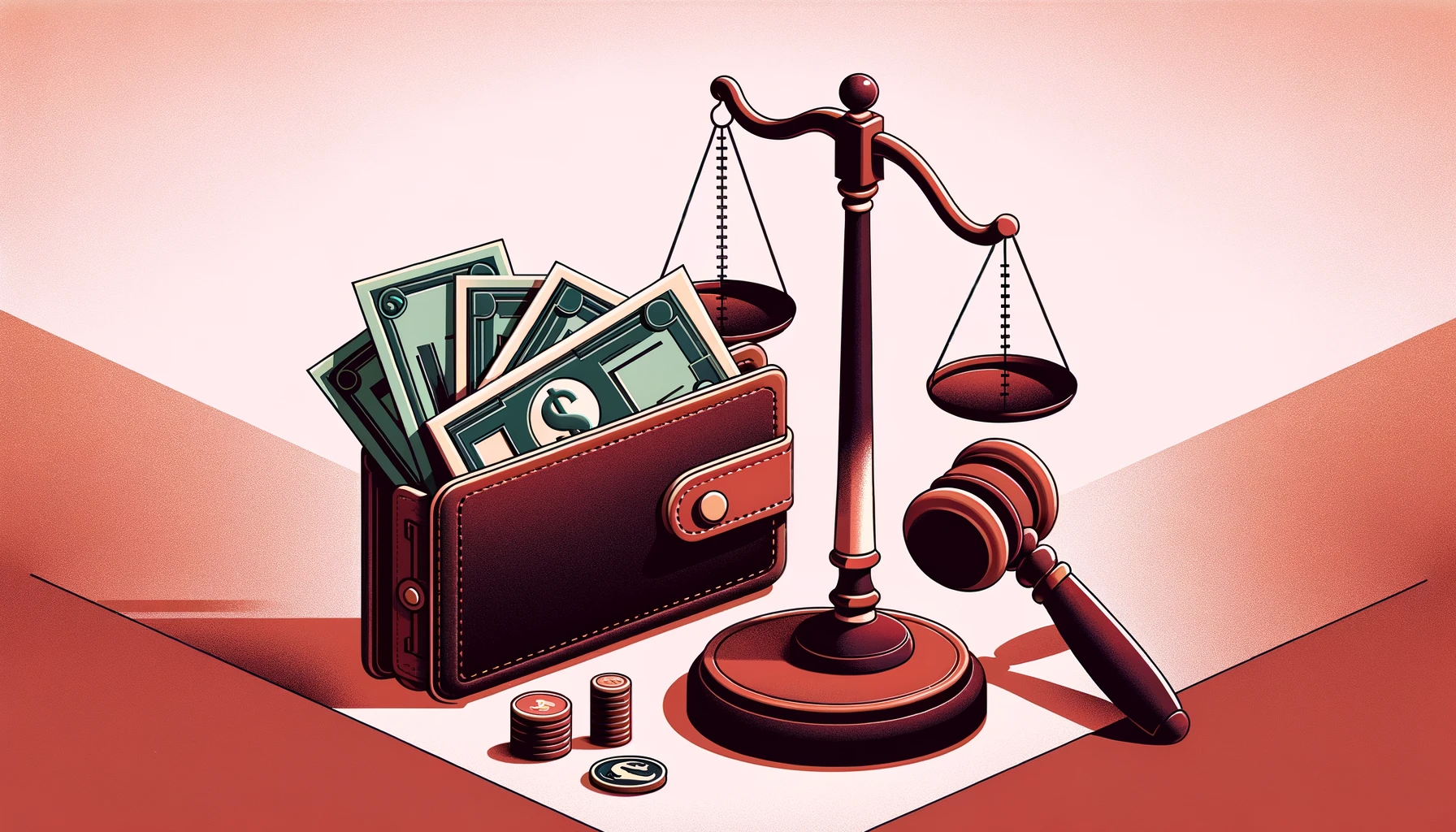That pit-in-your-stomach feeling after losing your job? It’s rough. But when it feels wrong? That’s a whole different level of stress. You’re probably asking yourself all sorts of questions, like:
- Can they even do that?
- What is at-will employment?
- Does my situation even fall under those categories?
Many folks in New York find themselves wondering the same thing.
This isn’t about legal jargon that’ll make your eyes glaze over. We will break down what “at-will employment” means here in New York and when a firing isn’t just a firing but crosses the line into wrongful termination. Whether you’re trying to figure out your rights as an employee or an employer wanting to ensure you’re on solid ground, let’s get clear on what’s legal and what isn’t.
What Is At-Will Employment in New York?
In simple terms, at-will employment means that either the employee or the employer can end the working relationship at any time, for almost any reason or no reason at all. There’s no legal requirement for advance notice, nor does there need to be a specific cause for the termination.
So, is New York an at-will state? The short answer is yes. New York is one of many states that follow this rule. But “at-will” doesn’t mean “anything goes.” Employers still have to follow the law. That’s where wrongful termination comes in.
What Is Considered Wrongful Termination?
Clear exceptions protect employees from illegal firings even in an at-will state like New York. Wrongful termination depends on whether the employer violated a specific law or public policy when firing someone. Some situations that may qualify as wrongful termination include:
- Discrimination. Being fired because of your race, religion, gender, age, disability, sexual orientation, or other protected status.
- Retaliation. Getting terminated for reporting harassment, discrimination, or workplace violations.
- Whistleblowing. Being let go after reporting illegal or unethical conduct.
- Breach of contract. Getting fired in violation of an employment contract or company policy.
- Exercising legal rights. Being terminated for taking family leave, filing a workers’ comp claim, or participating in a protected activity.
Not every firing is illegal, but if your termination falls into one of these categories, it’s worth talking to an employment attorney about your options. These types of firings typically run afoul of the following state and federal laws:
- New York Human Rights Law (NYHRL),
- New York Whistleblower Protection under the Labor Law,
- The Americans with Disabilities Act (ADA), and
- Title VII of the Civil Rights Act.
While these laws can be complex, they are designed to give workers some security even within an at-will system. If your termination felt unfair—or outright unlawful—understanding your legal rights is the first step toward standing up for yourself.
What Are Your Rights When You’re Let Go?
Even if you’re an at-will employee in New York, your employer must follow legal and ethical guidelines when ending your employment. That includes providing timely final paychecks, proper documentation, and honoring any contractual or company policy commitments made during your time with the business.
Under New York law, your employer must pay you all earned wages by the next regular payday after your termination. This includes things like:
- Regular wages or salary you’ve earned,
- Commissions that are due, and
- Any unused vacation or paid time off.
Remember that employers in New York are not required to pay out unused vacation or paid time off (PTO) unless the employee has earned the time and there is no written policy stating otherwise. If the employer has a written policy that clearly explains when unused time will be forfeited, and it was properly communicated to employees, they may not have to pay it out. However, if no such policy exists, the employer must pay the employee for the accrued vacation time.
If you believe your employer withheld wages or failed to comply with its written policies after your termination, you may be able to file a complaint or take legal action.
Is New York an At-Will State with Exceptions?
Yes, and this is where things often get misunderstood. Even though New York is an at-will state, there are key exceptions that protect workers. These include:
- Statutory protections—under laws like Title VII of the Civil Rights Act, NYHRL, and the Family and Medical Leave Act (FMLA);
- Contractual obligations—may arise from employee handbooks or verbal promises; and
- Public policy exceptions—include firings for attending jury duty or voting.
So, while at-will employment gives employers broad authority, it doesn’t give them a blank check. If your termination violated any of these protections, it may be considered wrongful under state or federal law.
What Should You Do If You Suspect Wrongful Termination?
Knowing what to do after losing your job can be hard, especially if it doesn’t feel fair. However, before taking any legal steps, gathering information and evaluating the situation carefully is essential. If you think your employer wrongfully terminated you, consider taking the following steps:
- Request documentation. Ask for a written explanation of your termination if one wasn’t provided.
- Review your employee handbook. Check company policies or documentation on termination, grievances, and appeals.
- Document everything. Keep emails, messages, performance reviews, or anything else related to your job or firing.
- Consult an attorney. Obtain an experienced legal opinion on whether your employer violated your rights.
Each case is different, and an attorney can help you determine if you have a legal claim or if it’s time to move on.
The Supriya Kichloo Difference
We take employment matters personally at the Law Offices of Supriya Kichloo, P.C. because we know our clients do. Fluent in English, Hindi, and Kashmiri, Supriya helps bridge communication gaps for clients from diverse backgrounds, making the legal process more accessible and empowering. With a background that spans complex litigation and hands-on advocacy, she guides employees through the most challenging career moments with clarity, compassion, and strategic legal insight. Whether you’re facing wrongful termination or want to understand your rights, you’ll receive thoughtful, personalized guidance every step of the way.
Take the Next Step with Confidence—Call Us Today
If you’re asking what is at-will employment because of something that happened to you or someone you care about, don’t wait for the answers to come to you. Get clarity, protect your rights, and move forward with the support of a law office that genuinely listens. Contact the Law Offices of Supriya Kichloo, P.C. today to schedule a consultation and take the first step toward resolution.
Resources:
- Retaliatory action by employers; prohibition, N.Y. Labor Law § 740 (2022), link.
- New York State Department of Labor, Wages and Hours Frequently Asked Questions, link.
- U.S. Department of Justice Civil Rights Division, The Americans with Disabilities Act, link.
- U.S. Equal Employment Opportunity Commission, Title VII of the Civil Rights Act of 1964, link.


